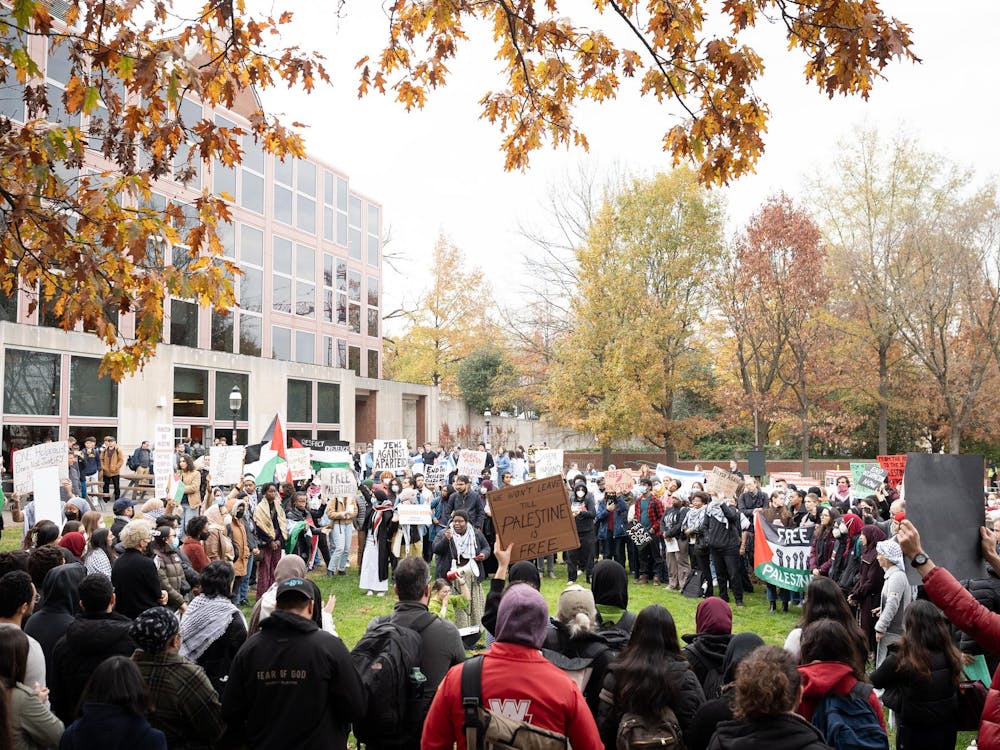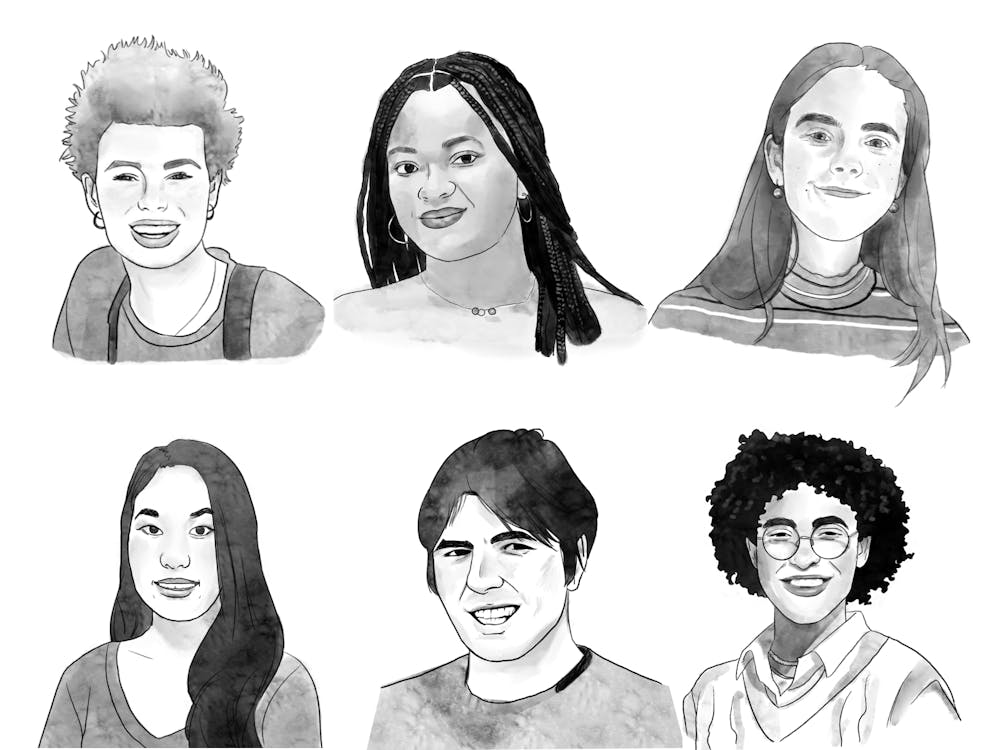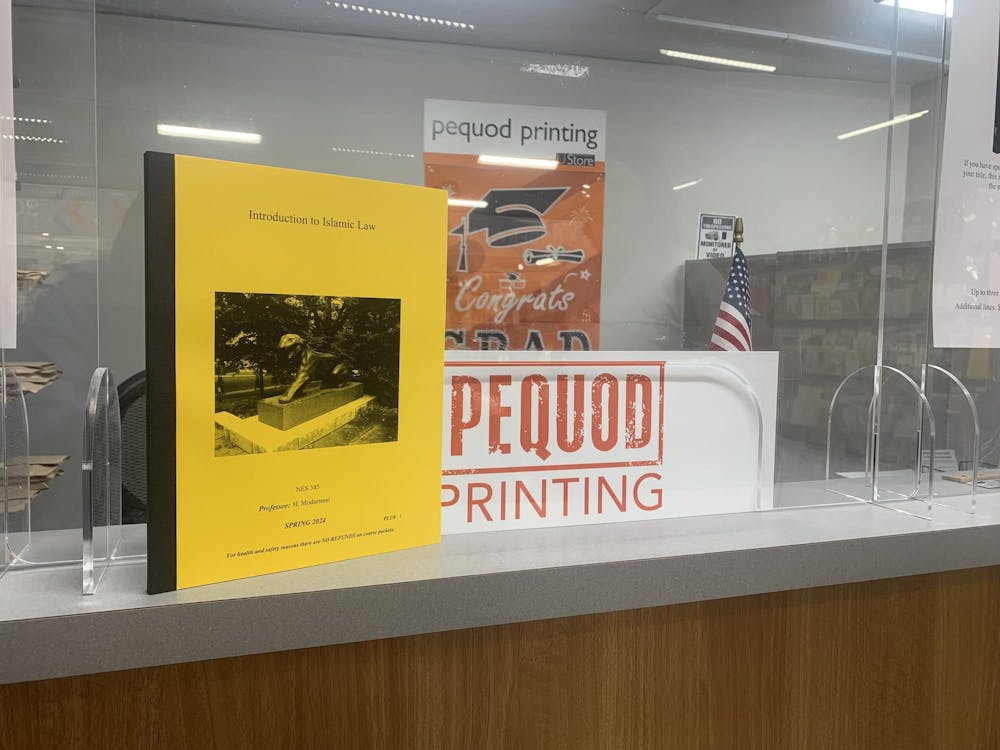A spectre is haunting Princeton – the spectre of impending midterms. All the students of the Orange Bubble are beginning to feel the presence of exams in their life, and the collective conscious of campus is groaning. However, under this spectre lurks an unassuming phrase, a phrase that pops up in the dining halls, around Frist Campus Center, and among the stacks of Firestone Library: “Good luck.”
While perhaps wishing fellow students “good luck” around midterms could be charming and representative of the closeness of spirit within Princeton’s small campus community, it is also presents itself to be problematic. Used in passing as both a goodbye and salutation, without thought, “good luck” becomes nonchalantly ubiquitous this time of year. It can be tossed thoughtlessly towards any peer and be perfectly applicable despite the fact that the majority of the time, there had been no mention of an upcoming exam or challenge.
Repeating “good luck” becomes a superficial and mechanical response. Frankly, most of us wouldn’t know whether the person whom we casually exchanged “good lucks” with in Frist Campus Center is struggling to prepare for microeconomics, or just breezed through their last history exam. They might not even have any exams to worry about. For all we know they could be headed to get lunch. Regardless of circumstance one of us will probably still wish the other good luck. Why is it that no-one bats an eye at this context-less invocation of the universe to be in their favor?
This is not to say that I would advocate for not wishing those around us success in their exams and other stress-inducing obligations at a place like Princeton. More plainly, my issue with campus culture centers on the lack of intentionality in this well-wishing and the acceptance of an empty pseudo-solidarity in academic struggle. The phrase “good luck” is so common and acceptable because the assumption is that everyone here must be struggling through midterms. The supposition stands that, for whatever reason, we must need that good luck.
Perhaps this superficiality is not as bad as I imply. It is not my intention to argue that “good luck” is said in bad faith or without the best of intentions.
Nonetheless, what matters is the underlying narrative here: the perception that we are all working ourselves to death. The small oddities that manifest themselves such as the “good luck” phenomenon are just symptoms of this. Normalizing these symptoms helps to propagate and strengthen the endemic culture of stress and peril that surrounds midterms, and academics more generally on this campus. While midterms are an undoubtedly stressful time for most, we can do better than to blithely wish everyone “good luck.”
For example, we could take the time to actually check in on people, make someone a cup of tea, or spend a moment to really empathize and consider their state of being. Help for our peers cannot be found in the shallow niceties of “good luck.” Instead we need to use our words and actions more purposefully. It seems that as we all focus so thoroughly on our own success, acting intentionally and conscientiously for the good of our fellow students is difficult and sorely uncommon.
Indeed, the necessity of intentionality is heightened by the actual struggles that the Princeton experience can entail for any student. There are times of legitimate weakness that everyone on this campus will probably experience. In these times, a half-hearted “good luck” becomes more damaging than saying nothing at all. It trivializes the legitimate trials a student faces in Princeton’s academic pressure cooker. They become just another face in the crowd as their struggle is thrown in with the rest of ours.
Of course to handle the stress and insanity that seems to be midterms, it should not fall to students alone. This time of year Counseling and Psychological Services (CPS) has held events to deal with mental states, clubs are running midterms care package services, and various groups are hosting study breaks to help students de-stress. Nevertheless, the role of our fellow students can make a difference. This plea for compassion may fall on deaf ears, but to those of us who find themselves taking the time to read another undergraduate’s opinion piece: good luck with midterms. But more importantly, good luck with intentionality.Ryan Chavez is a sophomore from Arcadia, Calif. He can be reached at rdchavez@princeton.edu








